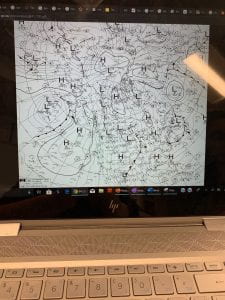The article that I read it talks about recycling in Germany, how can they control waste management success really comes down to two things: strong government policy and its citizens embracing recycling. Renewable energy success has come primarily from strong government policy and action.
waste management act is established in 1996, this act applies to anyone that produces, markets or consumes goods and dictates that they are responsible for the materials’ reuse, recycling or environmentally sound disposal. This act particularly targeted producers and encouraged them to focus on one of three waste management strategies: waste avoidance, waste recovery and environmentally compatible disposal.
In other words, businesses need to avoid producing any waste, recycle what they do produce, and anything that can’t be recycled must be disposed of in an environmentally safe way.
the green dot: The Green Dot is just that, a green dot that’s placed on the outside of packaging indicating it must be accepted by recyclers. Depending on their packaging, manufacturers pay a fee to the DSD (Dual System Germany) and are then given permission to place the green dot on their packaging. Companies using the green dot have promised to abide by all of Germany’s recycling laws.
Germany’s recycling culture
The above three policies led to recycling bins being placed everywhere in Germany. Germany has multiple recycling bins, requiring its citizens to do the sorting themselves.
There are six different bins: black for general waste, blue for paper, yellow for plastic, white for clear glass, green for coloured glass and brown for composting.
By pre-sorting their recycling, the German government saves a significant amount of money and also reduces the amount of contamination that can potentially ruin entire batches of recycled material. This process of sorting certainly didn’t happen overnight, but with time it became a habit for German residents and, in fact, a matter of pride.
this is why Germany is leading the EU when it comes to recycling municipal waste.








